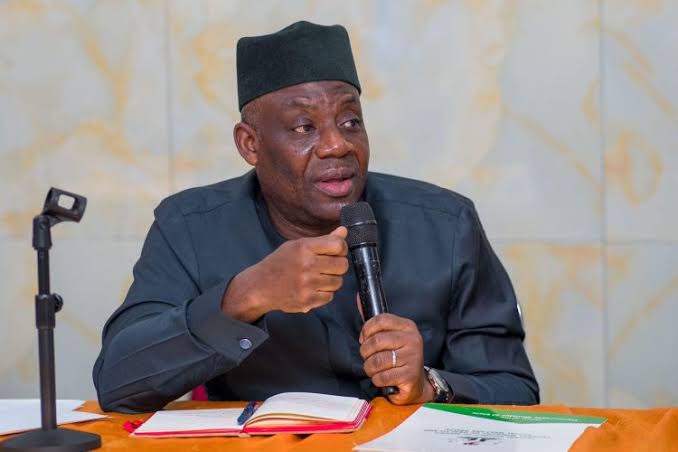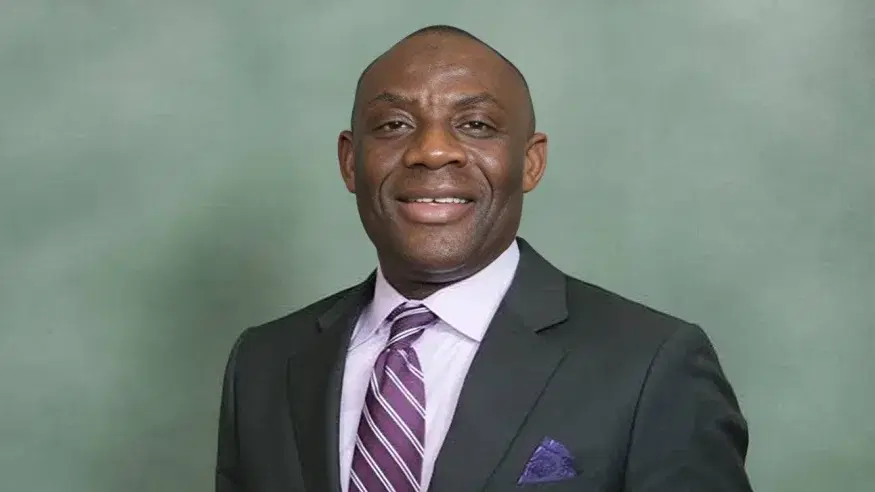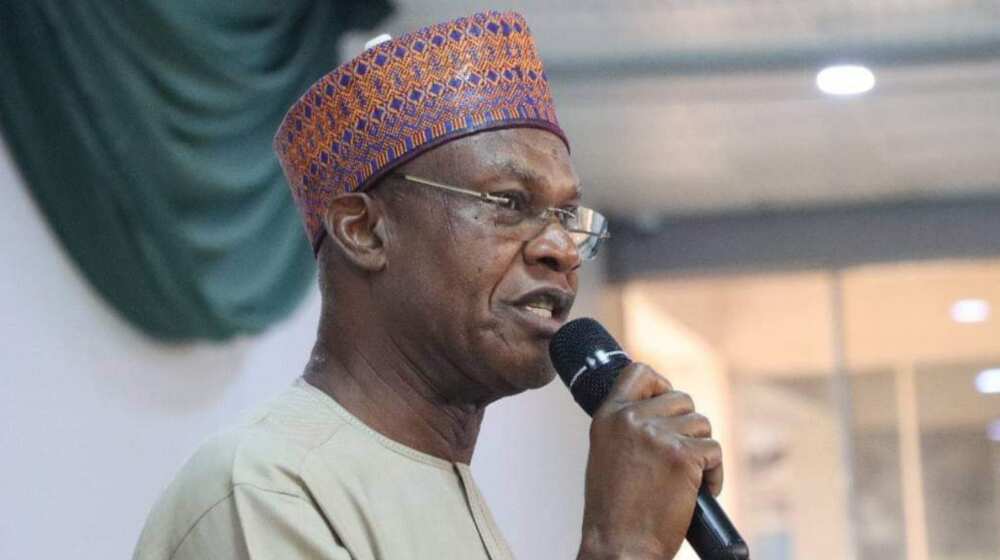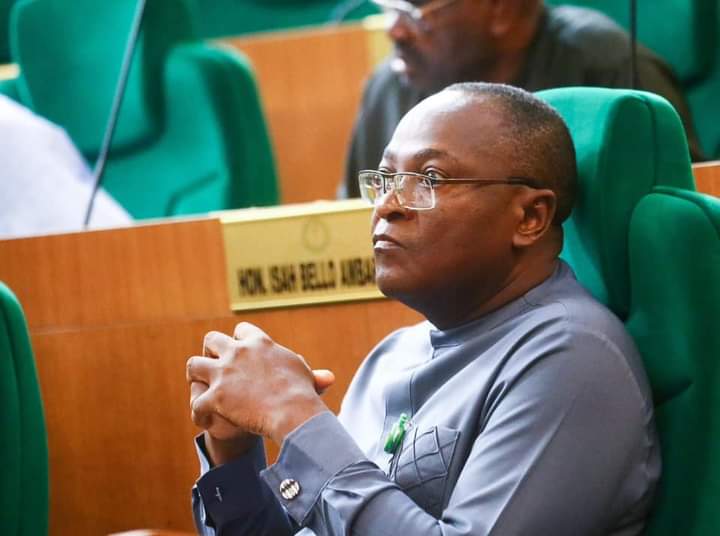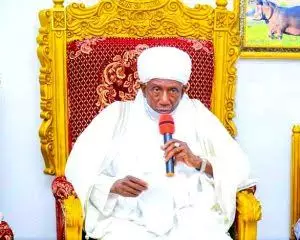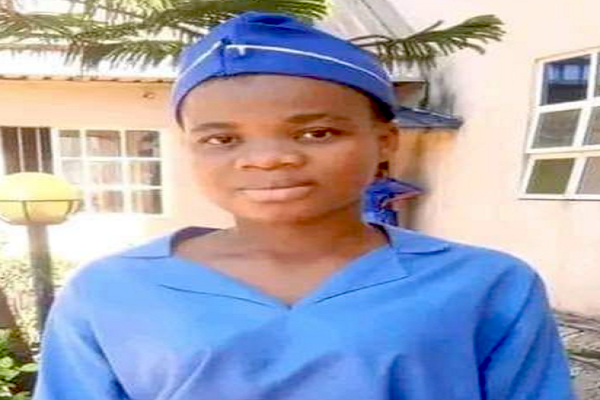The Minister of Education, Prof. Tahir Mamman says payment for the revitalisation of the tertiary institutions in the country is underway.
Mamman also said the Federal Government had approved the payment of salary increase of 35 per cent to academic and 25 per cent to non-academic staff in further commitment to their welfare.
He said this in Abuja on Monday at an event to mark the 60 years anniversary of Committee of Vice Chancellors of Nigerian Universities (CVCNU).
The minister also challenged the committee to place Nigerian universities among global institutions that use science and technology as vehicles for solving their problems.
He also said that with regards to energy, steps had been taken to power the universities through gas-powered facilities using the PPP window provided by the government.
“The scheme is intended to start with 18 universities in the first instance and the shortlisted universities will be contacted appropriate stage of the project.
“The centrality of the power to service delivery, research and cost savings cannot be over emphasised.
” Due to the recognition of the centrality of the education sector, a committee was set up to provide a roadmap to guide policy, provide implementation plans, deliverables, key performance indicators (KPIs).
“And timeline was put in place and that the report of the committee is expected to be submitted this month,” he said.
He noted that arrangements had been concluded for a meeting with heads of key security outfits to review and enhance the security cover of the schools.
He added that the role of government is to continue to support the public sector universities with appropriate resources while encouraging the proper development of the private universities that are now in the greater numbers.
He however urged Nigerian universities to produce competent and skilled graduates as they are expected to tap, explore, and exploit other sources of funding to run the system as the convention globally to support government funding.
“The government is also keenly interested in having a stable academic calendar for appropriate learning, research, collaboration, and student exchange to take place,” he added.
Celebrating 60 years of existence, the minister called on the committee to do more to bridge the gap between industries and the institutions through their leadership.
Meanwhile, the President, Academic Staff Union of Universities (ASUU), Prof. Emmanuel Osodeke, said the problem of godfatherism had entered the university system causing big crisis.
Osodeke said universities should be run the way it should just like in the 60s and 70s where there was little or no interference from the government officials.
According to him, there is need to unbundle the stranglehold of the bureaucrats on Nigerian university system and let them run the way they were run in the past.
“We must take our universities to the uni-versatility of universities not to region universities,” he said.
The ASUU chairman explained that the university first generation lecturers are those with first class and second class upper who want to be lecturers even when they had opportunities to be in banks.
He said the then lecturers preferred to lecture than other jobs, saying those in second generation are those with same grade with first generation but for quest for money they left saying they don’t belong there and don’t want to be slaves.
He further said the third-generation lecturers are those with third class and HND who went for post-graduate diplomas before entering into the university system through god-fatherism while the fourth are those who long to make money from the system.
“Unfortunately when the first and second generation of lecturers are retiring and leaving the country, the system is being dominated by third and fourth generation of lecturers,” he said.
He said universities no longer follow the process of advertising and letting people apply for the positions and get interviewed to get into the university but rather they come in through god-fatherism.
“Today, before a vice-chancellor can employ any lecturer, he has to go and get permission from the Head of Service (HOS) and when he employs, he has to go to the Accountant-General Office to beg for people employed to be paid salary.
“How can we run a system like that? We should be sad, there is nothing to celebrate.
“Our job as vice-chancellors are online, there is need for unbundling of the stranglehold of the bureaucrats on Nigerian university system,” he said.
Osodeke also decried the state of inadequate lecturers and funding in the system, saying, the least budget for education in Africa is 12 per cent; but in Nigeria it was 3.8 per cent in 2022.
The Chairman of CVCNU, Prof. Lilian Salami, said the event was out to discuss the gains, value which the committee had added to the system and its challenges.
Salami, while believing that the trajectory would change, promised to go to the drawing board and proffer solutions on the way forward to a promising university system.
“We are here to add value to the education system in Nigeria especially the tertiary education system in Nigeria.
“The gathering is not only to celebrate the 60 years anniversary or to receive or to be given but to reengineer the system so that we would have a better future and posterity will then judge us positively,” she said.
She said they never compromised in giving quality of education to Nigerian students as it is their commitment to continue to give in their best all in spite of the challenges in the system.
Also, the CVCNU Secretary-General, Yakubu Ochefu, said they expected value addition from the stakeholders while providing leadership to Nigeria university system.
“The Nigeria university system is 75 years old while globally the university system is over a thousand year old so if you put us in that time frame you will see that we are still taking baby steps.
” We are not where we use to be, we have made a lot of improvement in the system but there is room for improvement.
“We believed that now that we have open our doors to our stakeholders, they will look at us and support the system, it is not federal government alone, not the state government alone and not the people that have decided to invest in education alone but for all of us, ” he added.
